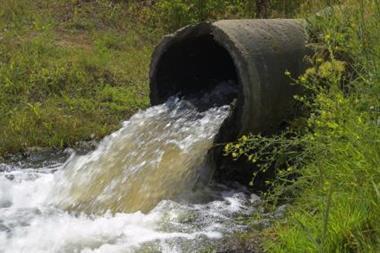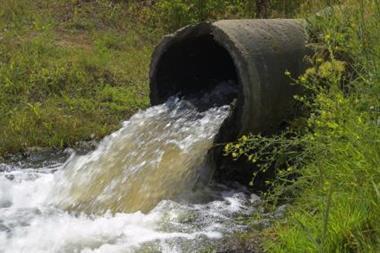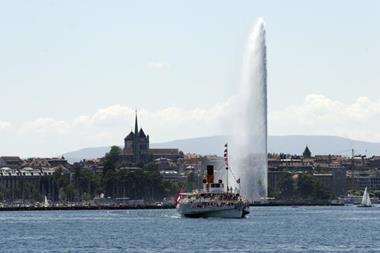Property developers in the north west of England have completed an environmental liability transfer deal, following the acquisition of a former Kodak factory site
Property developers in the north west of England have completed an environmental liability transfer deal, following the acquisition of a former Kodak factory site. The deal is thought to be the first of its kind outside the US and could provide an impetus for other contaminated brownfield sites to be redeveloped in Europe.
Kodak sold its 37-acre manufacturing site in Kirkby near Liverpool to Acorn Developments, which reportedly plans to carry out a re-development and regeneration project. The transaction included all the assets and liabilities in respect of the property. WSP Environmental (WSPE) has taken on the obligation for cleaning up the site, using its Active Transfer programme underpinned by insurance from ACE Environmental and brokered by Willis.
WSPE said the Active Transfer programme allows buyers and sellers to negotiate the transfer of assets free from the cost uncertainty of historical environmental liabilities. Commenting on the deal, Stuart McLachlan, managing director of WSPE, said: ‘Our liability transfer solution deals with both known and unknown problems which differentiates it from traditional insurance solutions which more commonly deal with unknown issues. This solution can lead to greater certainty on sites that are known to be exposed to environmental liabilities, especially in terms of the financial quantum and who pays for what.’
“The deal is the first of its kind outside the US
To complete the deal WSPE investigates the site for liabilities, explained
McLachlan: ‘When we have the risks quantified from a technical standpoint we wrap an insurance product around it which gives the financial reassurance to both buyer and seller and us. The obligation to deal with the site and associated financial risk passes to us, with the agreed funds for the transfer of this obligation held in escrow.’
McLachlan added: ‘We expect Active Transfer to become increasingly accepted outside the US as a robust solution for companies looking to be released from the historical legacy of contaminated land liabilities in a responsible manner.’

















No comments yet